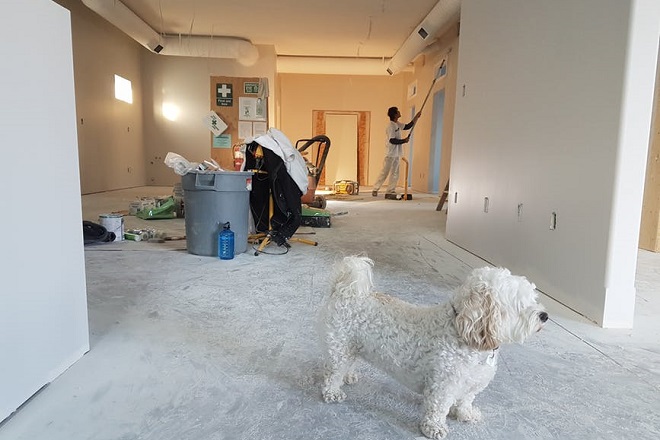If you’ve ever been poorly but felt guilty not going to work – you’re not alone. In Britain, calling in sick for work has become a taboo subject. Often, people feel that unless they’re on death’s door, calling in sick isn’t an option.
Some of us fear the reaction of our colleagues. However, working when you are sick can have a huge impact on your health and the health of your colleagues. So, why is the sick day stigma so bad and how is it affecting us?
With working from home a returning factor for so many of us, what kind of effects has the pandemic had on our willingness – and ability – to tell our employers when we’re too sick to work? Here we’ll take a look at why overcoming the stigma of admitting when you’re not 100% is so important.
Sick days post-pandemic
Illness and disease have become less stigmatised since the start of the COVID-19 pandemic. With many people getting ill to varying degrees, taking time off for illness has become more widely accepted. However, despite this shift in behaviour, many Brits still struggle to admit when they are sick and continue to work regardless. Expert business card printer instantprint studied this very topic. They surveyed 1000 employees on their experiences surrounding illness and work, finding that a fifth (22%) of those surveyed admitted to only calling in sick for a serious illness since the beginning of the pandemic.
The data from instantprint suggests that the WFH revolution could be contributing to the sick day stigma. Working from home means that you don’t risk infecting anyone else with your illness. So, more people are opting to continue working as they’re not harming anyone. However, it is clear just how detrimental the sick day stigma can be for your health and your work.
Problems with the sick day stigma
Needing more time off
While you might feel obliged to work from home while you’re ill – this won’t help your recovery. Pushing your body to work while it’s incapable of reaching maximum efficiency will extend your recovery time. Whether you feel the same for longer or begin to feel progressively worse, the sick day stigma is damaging you in the long term.
‘Pulling a sickie’
Despite the majority of people feeling guilty when calling in sick, there are still people that enjoy ‘pulling a sickie’. In the survey, instantprint found that almost one in 10 (9%) admitted to taking time off when nothing was actually wrong with them.
While no one can be blamed for needing some extra time off, employees being dishonest unfortunately contributes to the guilt surrounding days off. People pulling a sickie can even prevent people who are genuinely ill from taking the time off they need as understaffed departments struggle through.




